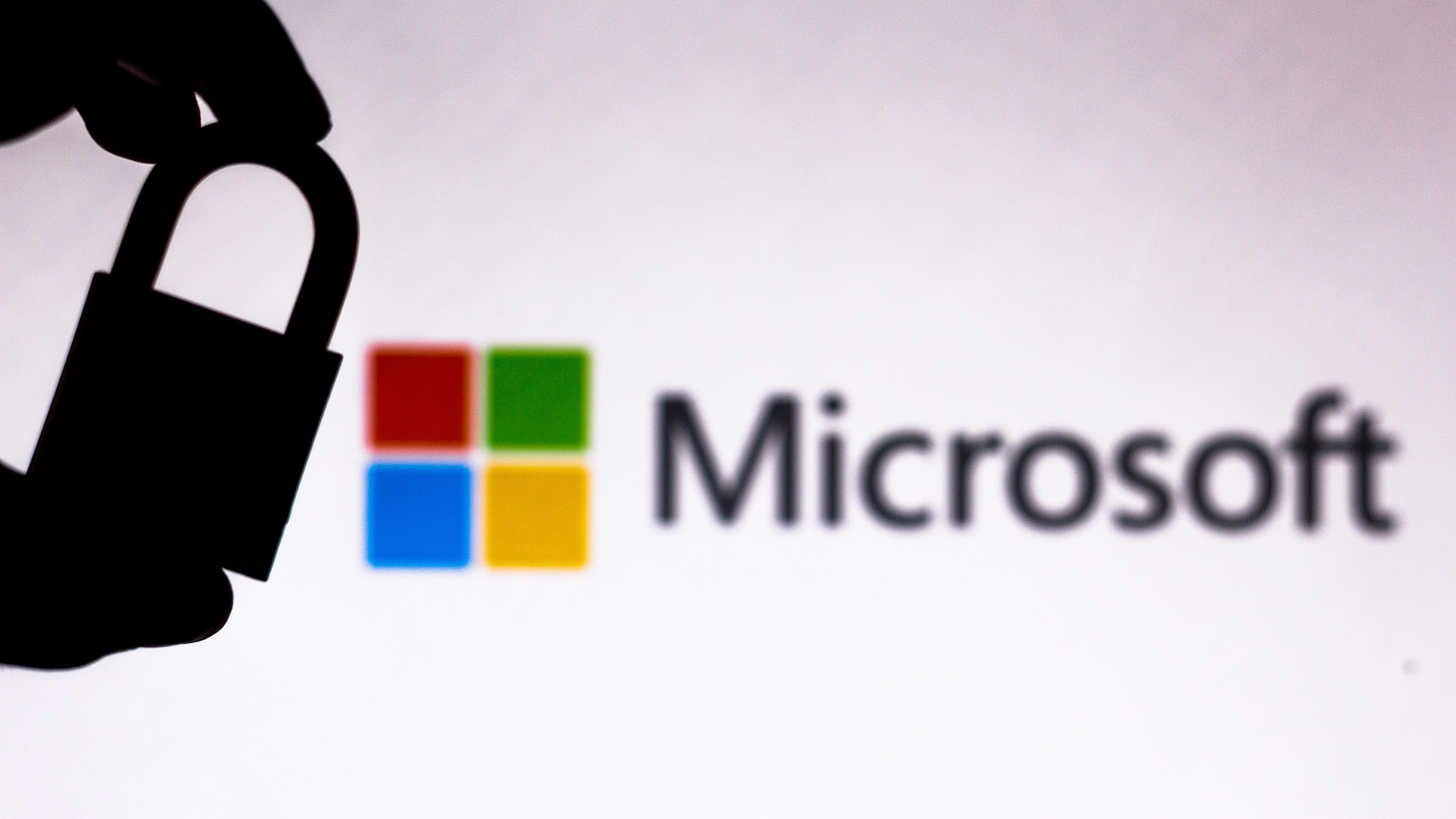Robust password policies cut cyber attacks by 60%
Research shows that hackers most often use brute force password attacks and flaw exploitation


Deploying an appropriate patch management policy decreases the risk of hacking by 30%, while a robust password policy reduces the likelihood of being attacked by 60%, according to a new report.
The Incident Response Analyst Report 2021, published by IT security firm Kaspersky, found brute force is the most widely used initial vector to penetrate a company’s network. Compared to the previous year, the share of brute force attacks has skyrocketed from 13% to 31.6%. The report’s authors said this was perhaps due to the pandemic and the boom of remote working.
The analysis of anonymized data from incident response (IR) cases found that the second most seen attack is vulnerability exploitation with a 31.5% share. The research showed that vulnerabilities from 2020 were used in only a few incidents. In other cases, adversaries used older, unpatched vulnerabilities, such as CVE-2019-11510, CVE-2018-8453, and CVE-2017-0144.
Over half of attacks that started with malicious emails, brute force, and external application exploitation were detected in hours (18%) or days (55%). The report added that some of these attacks lasted much longer, with an average duration of up to 90.4 days.
The report also found that industrial businesses were the most affected by cyber attacks (22%), followed by government institutions (19%).
Analysis of the data from incident responses found that in 44% of all incidents, hackers used existing, well known offensive tools from GitHub, such as Mimikatz, AdFind, and Masscan. They also used specialized commercial frameworks, such as Cobalt Strike.
RELATED RESOURCE

Defeating ransomware with unified security from WatchGuard
How SMBs can defend against the onslaught of ransomware attacks
Konstantin Sapronov, head of Kaspersky’s global emergency response team said that even if the IT security department does its best to ensure safety of the company’s infrastructure, legacy OS usage, low-end equipment, compatibility issues, and human factors often result in security breaches that can jeopardize an organization’s security.
Get the ITPro daily newsletter
Sign up today and you will receive a free copy of our Future Focus 2025 report - the leading guidance on AI, cybersecurity and other IT challenges as per 700+ senior executives
“Protective measures alone can’t provide a holistic cyber defense. Therefore, they should always be combined with detection and response tools that are able to recognize and eliminate an attack at an early stage, as well as address the cause of the incident,” Sapronov said.
The report urged organizations to deploy a robust password policy, including multi-factor authentication (MFA) and identity and access management tools, and ensure software is patched regularly to fix vulnerabilities.
Rene Millman is a freelance writer and broadcaster who covers cybersecurity, AI, IoT, and the cloud. He also works as a contributing analyst at GigaOm and has previously worked as an analyst for Gartner covering the infrastructure market. He has made numerous television appearances to give his views and expertise on technology trends and companies that affect and shape our lives. You can follow Rene Millman on Twitter.
-
 Should AI PCs be part of your next hardware refresh?
Should AI PCs be part of your next hardware refresh?AI PCs are fast becoming a business staple and a surefire way to future-proof your business
By Bobby Hellard Published
-
 Westcon-Comstor and Vectra AI launch brace of new channel initiatives
Westcon-Comstor and Vectra AI launch brace of new channel initiativesNews Westcon-Comstor and Vectra AI have announced the launch of two new channel growth initiatives focused on the managed security service provider (MSSP) space and AWS Marketplace.
By Daniel Todd Published
-
 I love magic links – why aren’t more services using them?
I love magic links – why aren’t more services using them?Opinion Using magic links instead of passwords is safe and easy but they’re still infuriatingly underused by businesses
By Solomon Klappholz Published
-
 Password management startup Passbolt secures $8 million to shake up credential security
Password management startup Passbolt secures $8 million to shake up credential securityNews Password management startup Passbolt has secured $8 million in funding as part of a Series A investment round.
By Ross Kelly Published
-
 LastPass breach comes back to haunt users as hackers steal $12 million in cryptocurrency
LastPass breach comes back to haunt users as hackers steal $12 million in cryptocurrencyNews The hackers behind the LastPass breach are on a rampage two years after their initial attack
By Solomon Klappholz Published
-
 GitHub launches passkeys beta for passwordless authentication
GitHub launches passkeys beta for passwordless authenticationNews Users can now opt-in to using passkeys, replacing their password and 2FA method
By Daniel Todd Published
-
 Microsoft SQL password-guessing attacks rising as hackers pivot from OneNote vectors
Microsoft SQL password-guessing attacks rising as hackers pivot from OneNote vectorsNews Database admins are advised to enforce better controls as attacks ending in ransomware are being observed
By Rory Bathgate Published
-
 No, Microsoft SharePoint isn’t cracking users’ passwords
No, Microsoft SharePoint isn’t cracking users’ passwordsNews The discovery sparked concerns over potentially invasive antivirus scanning practices by Microsoft
By Ross Kelly Published
-
 Microsoft Authenticator mandates number matching to counter MFA fatigue attacks
Microsoft Authenticator mandates number matching to counter MFA fatigue attacksNews The added layer of complexity aims to keep social engineering at bay
By Connor Jones Published
-
 As Google launches passwordless authentication for all, what are the business benefits of passkeys?
As Google launches passwordless authentication for all, what are the business benefits of passkeys?News Google follows Apple in its latest shift to passwordless authentication, but what are the benefits?
By Ross Kelly Published